In the past, some scholars have relied on the evidence of Jesus’ use of the word “Abba” to draw far-reaching conclusions about Jesus, the language he spoke, and his relationship to Judaism. As part of their ongoing research for the LOY project, David Bivin and Joshua Tilton revisited the evidence for Jesus’ use of “Abba” as an address to God. Tilton summarizes their findings here.
Introduction to The Life of Yeshua: A Suggested Reconstruction Addendum: Linguistic Features of the Baraita in b. Kid. 66a
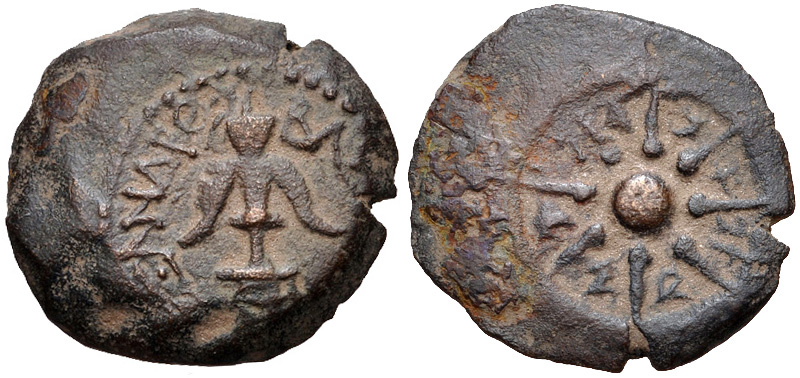
A baraita in the Babylonian Talmud appears to preserve a quotation from a written Hebrew source from the late Second Temple period that contains elements of Biblical and Mishnaic Hebrew similar to the style in which we believe the Hebrew Life of Yeshua was composed.
Notley Lecture: “Between the Chairs: New Testament Evidence for the Hebrew Jesus Spoke”
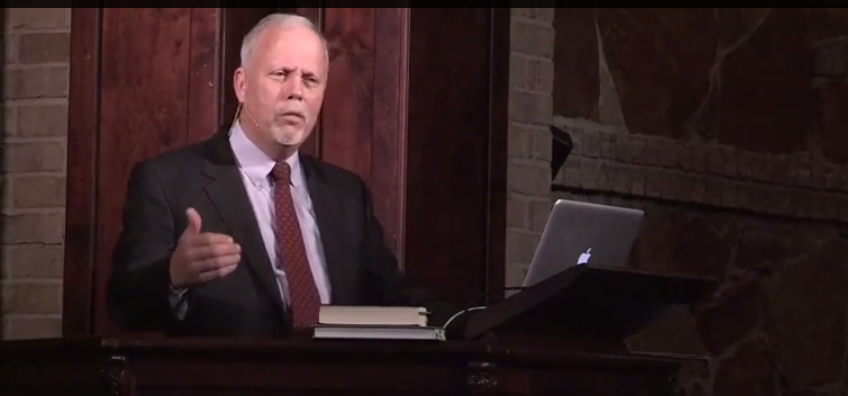
Dr. R. Steven Notley is a contributor to Jerusalem Perspective and member of the Jerusalem School of Synoptic Research. He is Professor of New Testament and Christian Origins at Nyack College in New York. In this lecture Dr. Notley discusses examples of how the Hebrew language influenced the Greek text of the canonical Gospels.
LOY Excursus: Greek Transliterations of Hebrew, Aramaic and Hebrew/Aramaic Words in the Synoptic Gospels

One of the clues that the Synoptic Gospels descended from a Hebrew Life of Yeshua is the number of foreign words that were transliterated into Greek from either Hebrew or Aramaic (it is often impossible to distinguish Hebrew from Aramaic in Greek transliteration).
Foreword to Robert Lindsey’s A Hebrew Translation of the Gospel of Mark
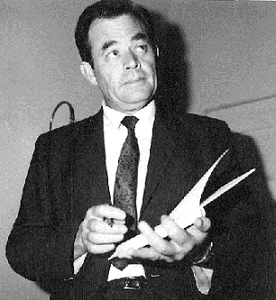
It seems clear that Lindsey’s observations have provided a decisive new clue to understanding the synoptic relationships and an equally important clue to the correct approach to the Gospel of Mark.
Hebraisms in the New Testament
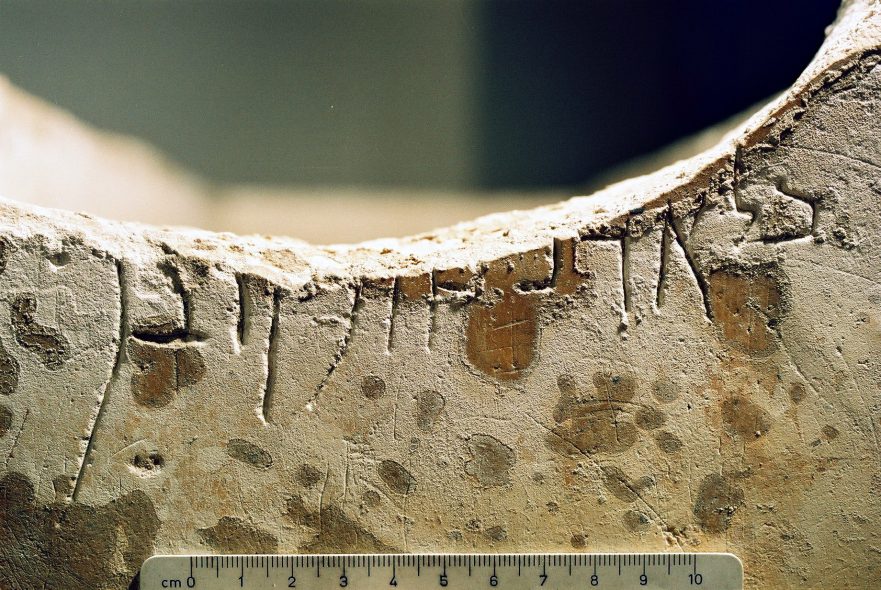
The text of the New Testament contains many Semitic elements, some of which are Hebraisms. The Synoptic Gospels show evidence for the existence of wordplays and idioms that are typical of Hebrew.
Jesus and the Enigmatic “Green Tree”

Jesus made bold messianic claims when he spoke. To thoroughly understand these claims, however, we must get into a time machine and travel back in time to a completely different culture, the Jewish culture of first-century Israel. We must acculturate ourselves to the way teachers and disciples in the time of Jesus communicated through allusions to Scripture.
What’s Happening to the Holy Tongue?
English speakers who live in Israel are reminded regularly of the inroads English is making in Hebrew.
Hebrew or Aramaic? Some Evidence from Inscriptions
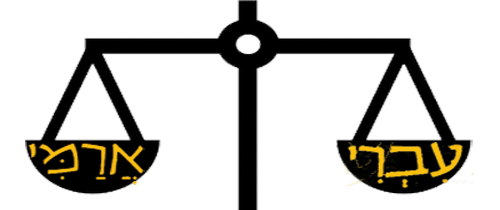
The fundamental assumptions of the past of Jesus’ mother tongue are again and again repeated today while their frame of reference has changed dramatically.
Hebrew as a Spoken Language in First-century Israel
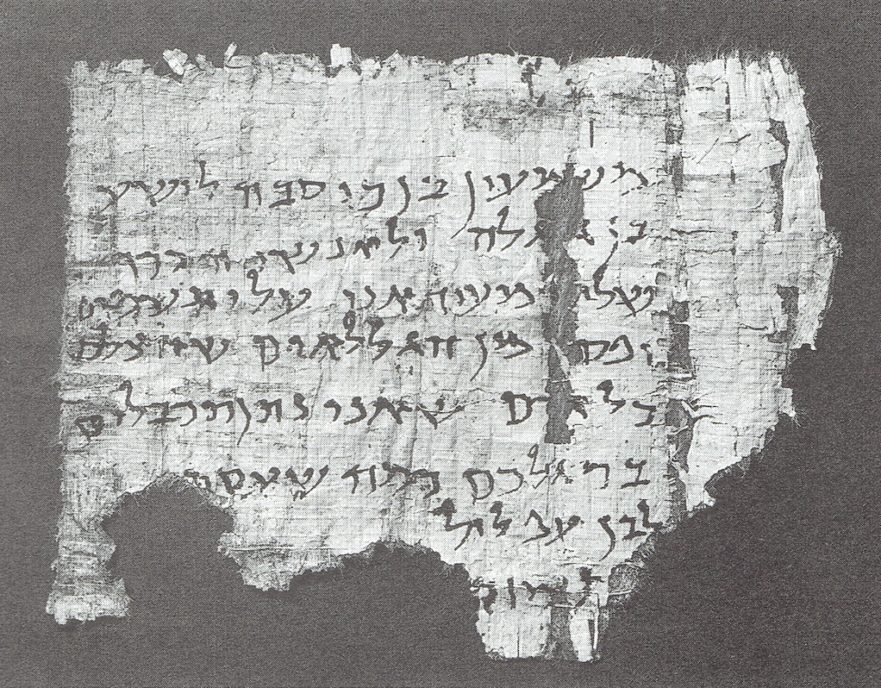
Hebrew was a living language in first-century Israel, part of a multilingual environment (Hebrew, Aramaic and Greek).
Is the Sage Worth His Salt?

The Gospels record that questions were sometimes put to the sage Jesus of Nazareth in order to “test” him. According to Joseph Frankovic, the questioner’s intent may not always have been hostile.
Pursuing Righteousness

A reconstruction can only be adopted by a theologian or a historian. A Bible translator must translate what the text of Scripture actually says.
The Divine Name in the Hebrew New Testament

God has a personal name: YHVH. Like Semitic names in general, it was intended to reflect something of the bearer’s character. YHVH is related to the root h-v-h, “to be”, and reflects God’s eternity and timelessness.
If King David were alive today, could he communicate with Israel’s president?

How hard would it be for a speaker of modern Hebrew to understand someone speaking Biblical Hebrew? If King David returned, would he be able to understand the president of the State of Israel, and would the president be able to understand him? Would Jesus be able to communicate with modern Israelis?
“Son of Man”: Jesus’ Most Important Title

There is a common thread uniting the views of those who think that Jesus signaled Daniel 7 by using the Aramaic bar enash in the middle of Hebrew speech. Anyone who holds this view must assume that Jesus spoke or taught in Hebrew much of the time. That Jesus used Hebrew a significant amount of the time is a sociolinguistic conclusion that has a growing number of supporters in New Testament scholarship, but one that is still a minority opinion.
A Life on the Kinneret

Born into a Zionist family in Latvia, Nun began to learn Hebrew at five, and decided to immigrate to Palestine as a teenager.
At the Feet of a Sage

Jewish sages and their disciples were dependent upon the hospitality of the communities they visited.
- Page 1 of 2
- 1
- 2


